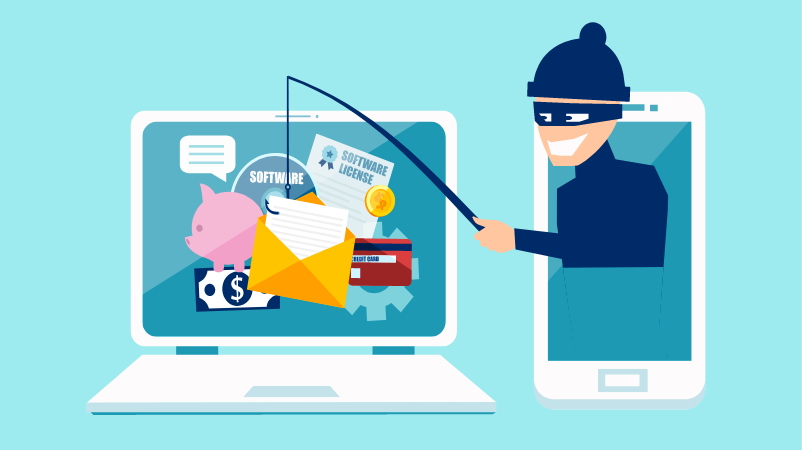Spoofing and Caller ID
Be cautious of calls from entities spoofing First US Bank's organization name and phone number.
If you receive a call from First US Bank, but the caller and/or the content of their information delivery seems strange, it is possible someone is spoofing.
What is spoofing?
Spoofing occurs when a caller deliberately falsifies the information transmitted to your caller ID to disguise their identity. Spoofing is used in an effort to trick someone into giving away valuable personal information to be used in fraudulent activity or sold.
What can you do if you think you're being spoofed.
You may not be able to tell right away if an incoming call is spoofed. Be careful about responding to any requests for personal identifying information.
- Never give out any personal information such as account numbers, social security numbers, passwords, or other identifying information in response to unexpected calls
- If you get an inquiry from someone who says they represent First US Bank, be cautious to ensure you are speaking with a First US Bank representative and call your personal banker, the phone number on your account statement, or the phone number on our website
- If you are being pressured to provide information, be cautious to ensure you are speaking with a First US Bank representative. If you are unsure, call your personal banker or the phone number on your account statement, or the phone number on our website.
How do I report suspected spoofing?
If you receive a call and you suspect caller ID information has been falsified, or you think the rules for protecting the privacy of your telephone number have been violated, you can file a complaint with the FCC.



